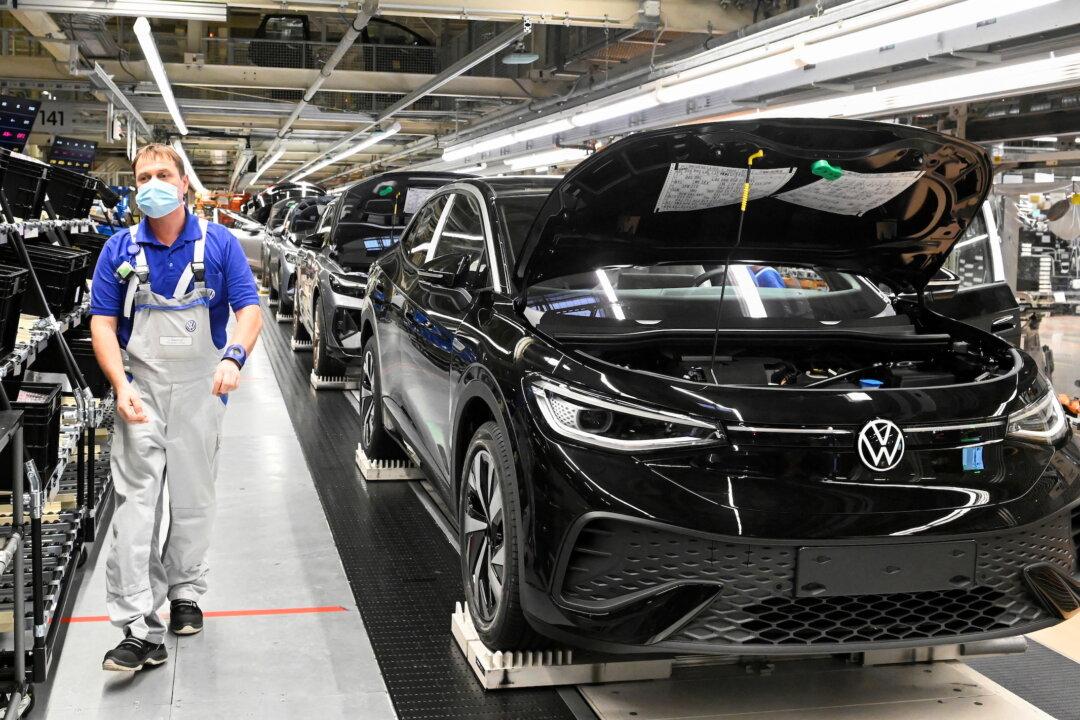New car registrations in the European Union declined further in February, according to latest data from the European Automobile Manufacturers’ Association (ACEA), signaling continuing logistical issues in the automobile industry and a lack of critical components.
New car registrations in the bloc fell by 6.7 percent in February when compared to the same month a year back, with just 719,465 units sold as manufacturers kept struggling with supply chain disruptions. This is the weakest result by volume for the month of February since records began to be kept, a March 17 ACEA report said.





